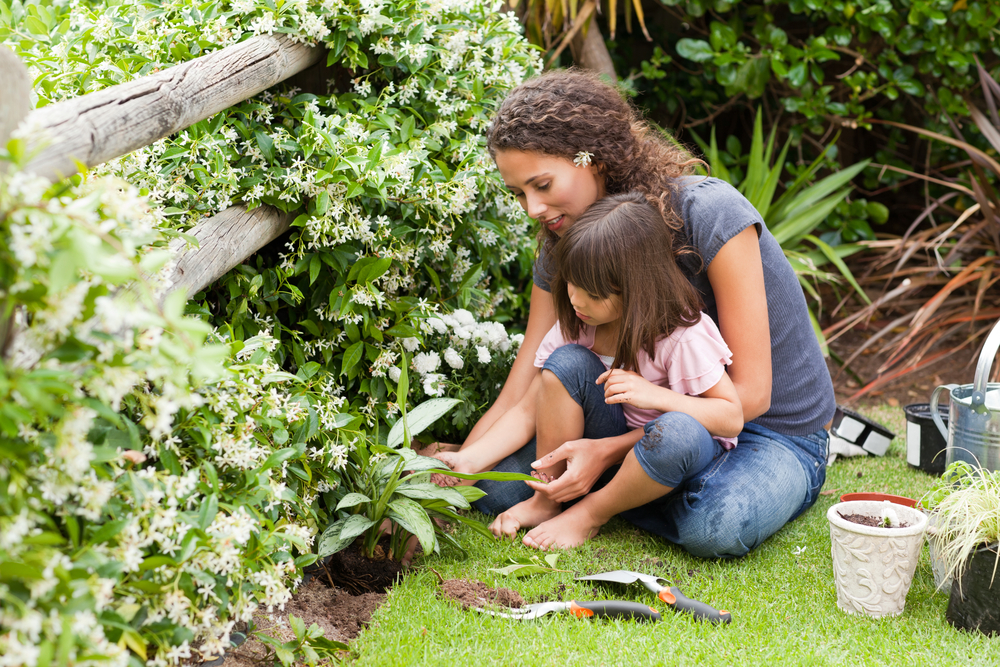A new school year carries with it excitement and potential, and provides everyone--students, teachers, and parents--with a fresh start. It is also a time of change and transition that can draw out a degree of uncertainty and anxiety.
In my years as an educator, I have observed a few things that help students, teachers, and parents make these changes and transitions a little smoother…
Allow time to adjust
Separation issues are expected--especially in lower elementary--but this transition will be easier if good routines are established initially. One practical way to make this transition is to say goodbye to your child outside and then allow the teacher to walk the students into the classroom.
The beginning of the year is hard for teachers because we don’t know your child yet. Relationships are so important in the classroom, but it takes some time to develop those! Know that we as teachers are getting to know your child as much as we can as quickly as possible.
New classroom routines and expectations take time to adjust, too. Each jump to a new grade level comes with different responsibilities and expectations. It will seem overwhelming at first, but it gets better. Each teacher will have different expectations; it can be assumed that each classroom will be run differently. Help your child know and meet the new expectations.
The beginning of the school year is always filled with lots of information. Even though this quantity of information can be overwhelming, allow yourself time to read through it all. Keep the important papers to reference throughout the year. As your teacher communicates with newsletters and emails – remember they are passing along information that they know you will need to know. Take time to read those and record important dates.
Be positive
Positivity has powerful effects. When children see and hear positivity from their parents, those effects are compounded. That said, it’s impactful for you to stay positive and encouraging about the teacher and classmates with whom your child is placed.
I encourage parents to look for the positives in the class lists--opportunities to make new friends, strengthen existing friendships, be challenged, and grow as a student and person!
I always tell my kids in class, “The Lord orchestrated our time together and we only have 180 days to be together so we can’t waste any of them! We have to love well and make the most of the gift we have been given because it will NEVER be this exact same group of people again!” Parents modeling this mentality for their children sets the stage for their student’s approach to both school work and school relationships.
Create routine
Establishing good home routines early (in the first weeks of school) is crucial to academic success throughout the year. It will be imperative that you make your child’s school work a priority. They will take it seriously if you do! Set aside a time each night to read, work on facts, or do homework. This will help establish consistency and help develop time management skills.
These ABCs of school year transitions will hopefully help your family. Above all else, though, the most important thing any parent can do is pray. Pray for the adjustments. Pray for the class dynamics. Pray for your student and their heart. Pray for the classmates. Pray for the teacher. Pray that as a class, they will love each other and support each other. Pray they will bond quickly! Pray for all the relationships--parent/teacher, child/teacher, parent/child. Pray for unity. Pray for growth. Pray for changed lives!
/Logos/Horizontal%20Academic%20Logo%20for%20Light%20Backgrounds.png)
/Logos/Horizontal%20Academic%20Logo%20for%20Dark%20Backgrounds.png)



